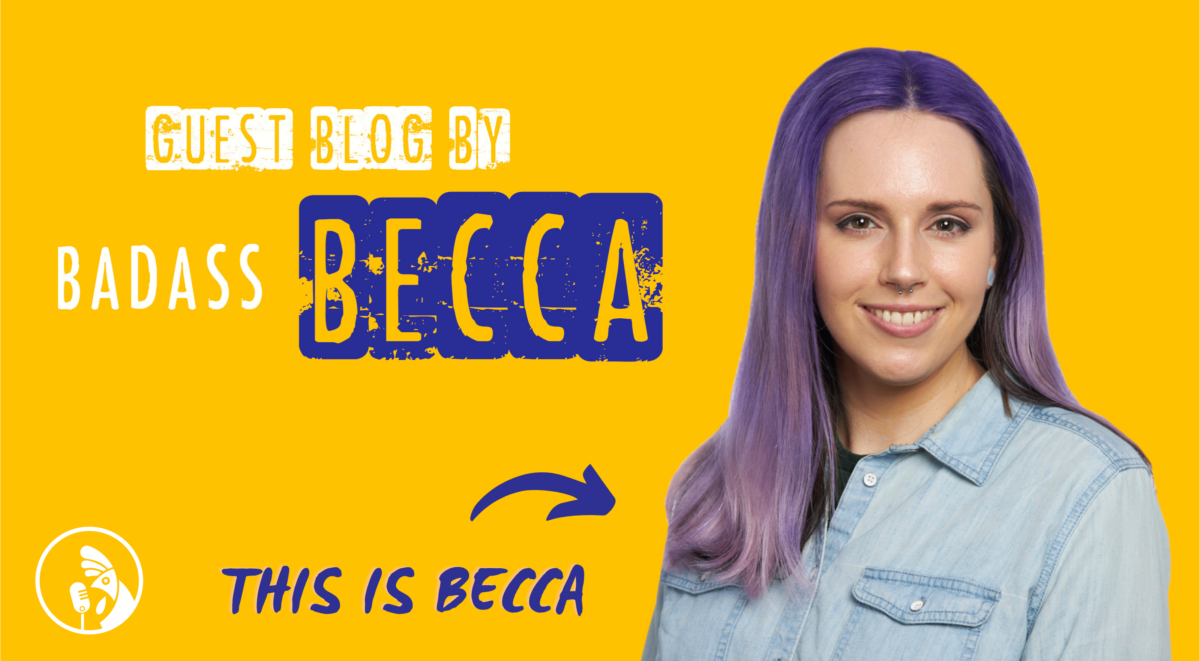Blog
Problem-Solvers First

Anyone who’s met me knows I’m not one to wax poetic about big-picture stuff, and I certainly don’t buy books written for self-identified ‘entrepreneurs’, or really anything written by tech startup bros.
Despite these predilections, I did happen to read an article about a book written for self-identified entrepreneurs by a tech startup bro, and to my surprise, it said something that really resonated with me.
Here’s the excerpt:
Last week Uri Levine, one of the three founders of Waze, came out with a book, “Fall in Love With the Problem, Not the Solution: A Handbook for Entrepreneurs,” …I asked Levine to explain why an entrepreneur should fall in love with the problem, not the solution. Isn’t the problem the enemy that you’re trying to vanquish? Why love it? To him, loving the problem means remaining focused on customers’ needs — the problem — rather than getting overly attached to your latest, maybe-not-so-good idea for serving those needs. Going back to 2007 — if I say I’m building an A.I., crowdsourced navigation system, you don’t really care. If I tell you I’m going to help you avoid traffic jams, you do care,” he said. Steve Wozniak, a founder of Apple Inc., who wrote the foreword to Levine’s book, put it this way: ‘Falling in love with the problem means valuing the end user as the key to success, not your own ideas and creations.’” He added, “I have always believed in this.” – Peter Coy “How Waze Changed the Way We Drive”
Seeing as The Farm sells AV ‘solutions’ first and foremost, I think this is something we need to consciously come back to on a regular basis. Of course on some level, we do need to present our products and services as ‘solutions’ in order to convince folks to buy them, but I really do think that centering in on the problems that we’re attempting to solve is not only a good internal company philosophy but a marketing strategy as well, as Uri’s example shows.
I also think it’s why our customers respect us so much: if one of our solutions isn’t effectively solving their problem (and therefore not actually a solution), they can rely on The Farm to focus on that problem and identify how to solve it – as opposed to focusing solely on making the square peg fit into a round hole.
This isn’t to say that we don’t regularly force square pegs into round holes! We do it all. the. time. But we only do so when this imperfect fit has at least some problem-solving merit, and we are always upfront about the limitations and issues that may remain.
It occurred to me that I might be particularly drawn to this paradigm because I discovered early on that our FarmAssist team’s most immediate value to an integration partner is not creating DSP files or tuning speakers – it’s simply identifying the problems within AV systems and helping to solve them.
Due to the nature of our work as the ‘last-in’ trade, when we go to test the system for the first time, we are the ones who inevitably find all the out-of-spec network switches, the bad cable terminations, the forgotten adapters, the incorrect speaker taps – fatal problems that are not within our purview or capacity to solve.
But, by identifying them quickly and accurately we enable the other trades to begin implementing effective solutions, usually before the end-user even knows that a mistake was made in the first place. Oftentimes, the actual solution isn’t something that the customer wants to hear or necessarily results in a sale for us (‘that ceiling mic needs to be moved’, ‘this unmanaged network switch needs to be upgraded’, etc.).
Paradoxical though it may be, our cold robot tech sales rely heavily on interpersonal relationships. The thing about relationships though, is that folks who only say the things that others want to hear – or that only benefit them personally – do not make good friends, lovers, or leaders…or salespeople, or programmers. Our sales reps at The Farm know this better than anyone else, and I’m constantly looking to them to improve how I handle these delicate conversations.
All this to say that if we keep ‘falling in love with the problem’ again and again, our customers will continue to know without a doubt that they can always trust us to focus on solving their problems instead of simply declaring the latest manufacturer’s product as The Solution.
There are many differences between a traditional manufacturers’ rep firm and The Farm, but enabling ourselves to take this approach is what truly sets us apart – by centering the problem, The Farm has in fact become the solution.
Damn, I guess I might have to read that tech bro book after all.
